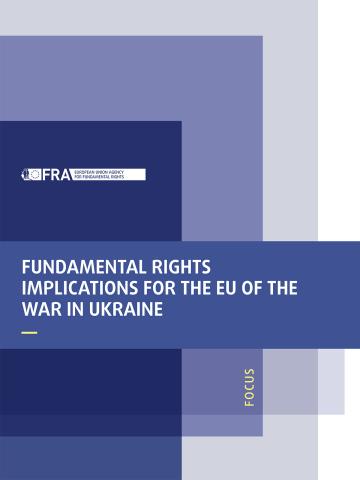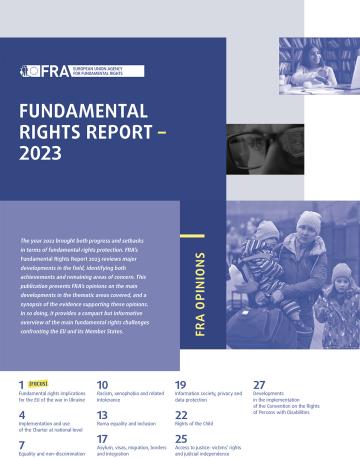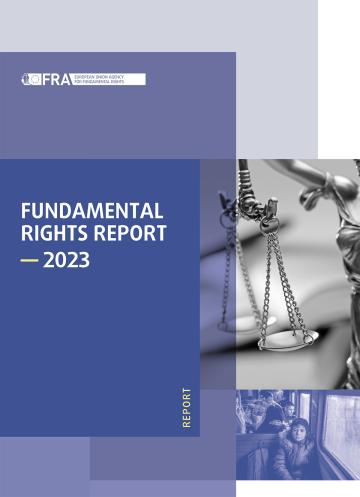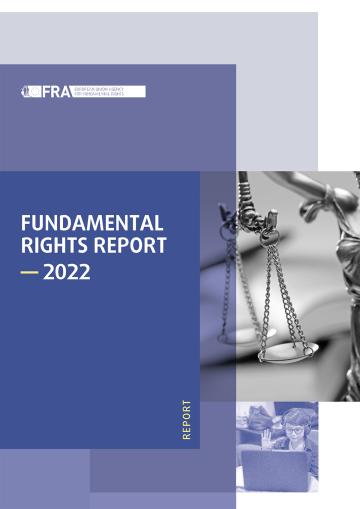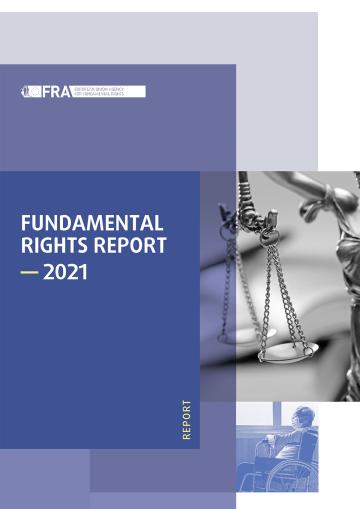
Carta de los Derechos Fundamentales de la Unión Europea
Artículo 34 - Seguridad social y ayuda social
1. La Unión reconoce y respeta el derecho de acceso a las prestaciones de seguridad social y a los servicios sociales que garantizan una protección en casos como la maternidad, la enfermedad, los accidentes laborales, la dependencia o la vejez, así como en caso de pérdida de empleo, según las modalidades establecidas por el Derecho de la Unión y las legislaciones y prácticas nacionales.
2. Toda persona que resida y se desplace legalmente dentro de la Unión tiene derecho a las prestaciones de seguridad social y a las ventajas sociales de conformidad con el Derecho de la Unión y con las legislaciones y prácticas nacionales.
3. Con el fin de combatir la exclusión social y la pobreza, la Unión reconoce y respeta el derecho a una ayuda social y a una ayuda de vivienda para garantizar una existencia digna a todos aquellos que no dispongan de recursos suficientes, según las modalidades establecidas por el Derecho de la Unión y por las legislaciones y prácticas nacionales.


